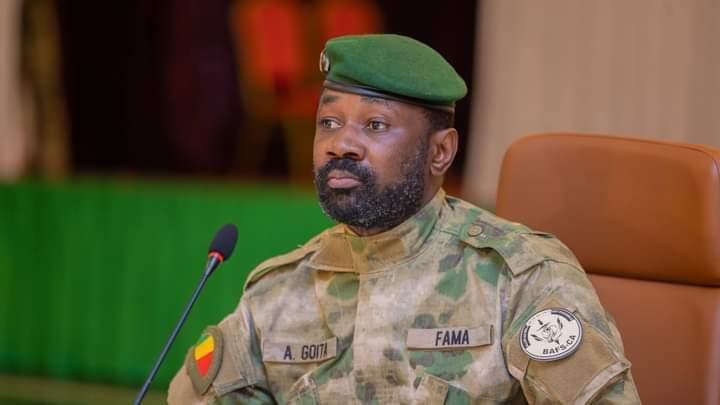Gambiaj.com – (BANJUL, the Gambia) – August 18, 2024, marks four years since the coup d’état that overthrew President Ibrahim Boubacar Keïta (IBK), leading to the rise of Colonel Assimi Goïta as Mali’s leader. However, four years into this political transition, the challenges remain immense, and the promised return to civilian rule appears increasingly distant.
Despite initial hopes for a swift return to democracy, Mali continues to grapple with political instability, economic hardships, and security threats. The transition government led by Colonel Goïta has faced criticism for its slow progress in implementing reforms and addressing the root causes of the country’s crisis. The international community has also expressed concerns about the lack of transparency and accountability in the transition process.
Political Transition and Delayed Elections
Following the August 2020 coup, a transition period of 18 months was initially set, beginning in September 2020. However, this timeline was disrupted in May 2021 when Goïta led a “rectification” coup, extending the transition by an additional 24 months. The decision led to a standoff with ECOWAS, which imposed economic sanctions on Mali. Those sanctions were lifted only after the military government committed to new timelines for elections.
Yet, hopes for a return to democratic governance have been repeatedly dashed. In September 2023, the presidential election—originally scheduled for February 2024—was postponed due to the alleged theft of biometric data by a French company. Although authorities claimed to have recovered the data, no new election date has been announced, leaving Malians in a state of uncertainty about the long-awaited transition to civilian rule.
Worsening Security Situation
The security landscape in Mali has significantly deteriorated since 2020. The number of jihadist attacks has surged from 583 in 2020 to over 900 by 2023. This rise in violence has been accompanied by worsening intercommunal tensions, further deepening the country’s instability. The end of the United Nations Multidimensional Integrated Stabilization Mission in Mali (Minusma) in December 2023 marked a critical turning point. Minusma’s withdrawal, after a decade of operations, left a significant security vacuum that has yet to be filled.
Additionally, the French military, once a key ally through Operation Barkhane, completed its withdrawal from Mali on August 15, 2022. The departure of French forces effectively ended a critical aspect of Mali’s counter-terrorism strategy. In response, the Malian government has increasingly turned to Russia for military support, including collaboration with Russian instructors widely believed to be linked to the Wagner Group, a paramilitary organization notorious for its involvement in conflicts across Africa.
Economic Struggles Amid Sanctions and Mismanagement
The economic situation in Mali remains bleak. The ECOWAS sanctions of 2022 had a profound impact on the already fragile economy. Growth, which was projected at 0.9% in 2021, fell into a recession in 2022, with the economy contracting by 1.2%. Despite efforts by the government to stabilize the economy, recovery remains elusive. Mali continues to grapple with inflation, unemployment, and widespread poverty, exacerbating the hardships faced by the population.
Human Rights Concerns and Repression
Alongside these challenges, the Malian authorities have faced accusations of human rights abuses. Reports of arbitrary arrests, extrajudicial killings, and suppression of dissent have become more frequent under Goïta’s rule. Critics argue that the government is increasingly resorting to repressive tactics to maintain control, stifling voices that demand accountability and democratic reforms.
As Mali marks four years under military rule, the transition to civilian governance seems as uncertain as ever. The combination of delayed elections, rising insecurity, economic hardship, and increasing repression paints a grim picture of the state of the nation. With no clear roadmap for resolving these issues, Mali’s future remains clouded by uncertainty, leaving its people anxious about what lies ahead.










